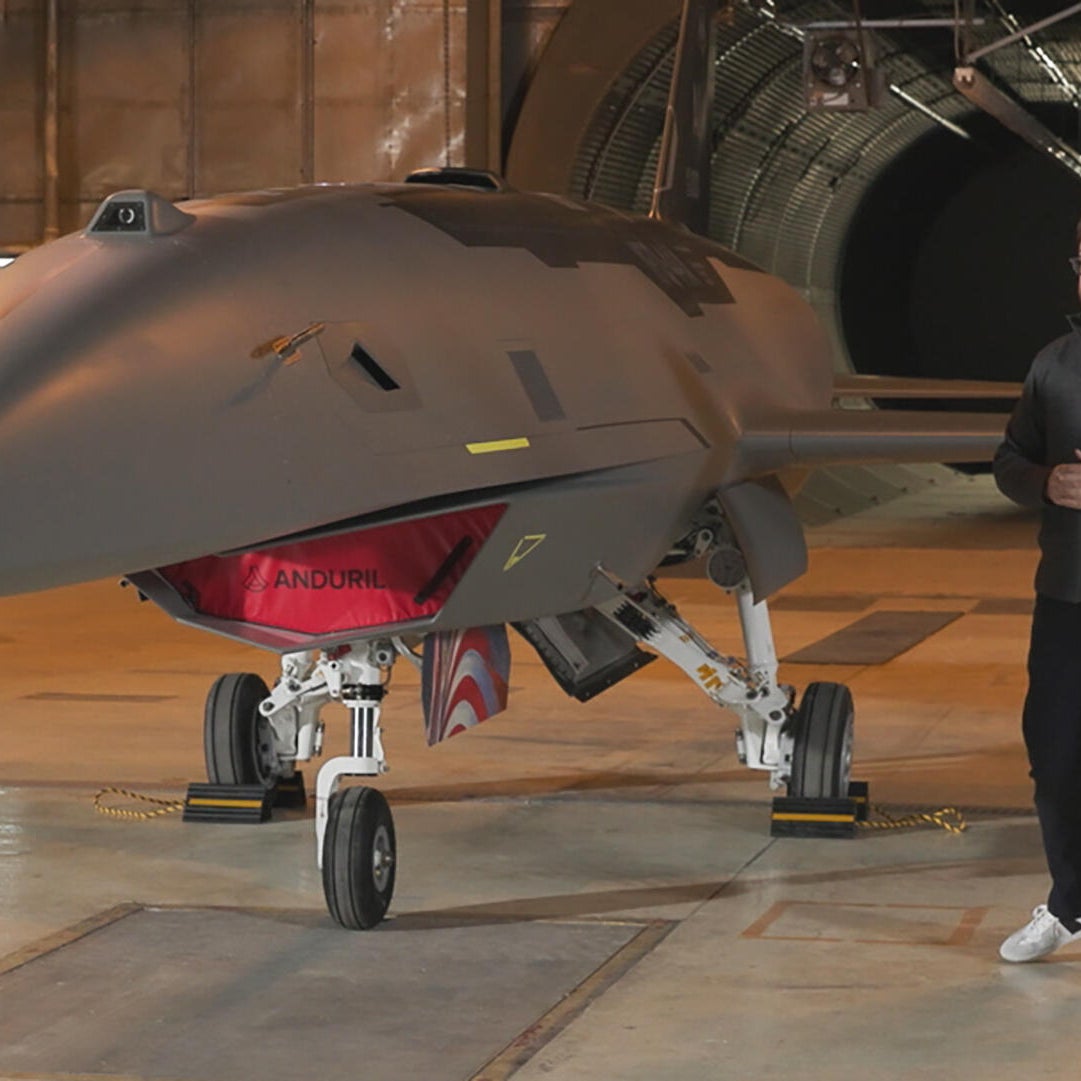
A Casual Look with a Serious Mission
Palmer Luckey, co-founder of Anduril Industries, made a memorable appearance on 60 Minutes in April. Dressed in shorts, flip-flops, and a vibrant Hawaiian shirt, he also sported a mullet and a goatee—look that has become his signature style. When asked about the unusual haircut, Luckey laughed and said, "I've actually always wanted a mullet my whole life." Despite his laid-back appearance, Luckey's work is anything but casual. His company, Anduril Industries, is focused on developing advanced military technology that could redefine modern warfare.
The Future of Warfare: Autonomous Weapons
Anduril Industries, founded in 2017, specializes in creating autonomous drones, aircraft, and submarines that can operate without human intervention. These systems use artificial intelligence for surveillance and can identify, select, and eliminate targets. While some may find the idea of autonomous weapons unsettling, Luckey argues that the alternative is even more dangerous.
"I think it's a lot scarier to imagine a weapons system that doesn't have any level of intelligence at all," he explained during an interview. He pointed out that traditional weapons like landmines cannot distinguish between a school bus full of children and enemy armor. According to Luckey, the choice is not between smart weapons and no weapons, but between smart weapons and dumb ones.
AI and the Lattice Platform
During the interview, Luckey demonstrated Lattice, an AI platform that coordinates these autonomous systems. It collects data from various sources, including satellites, drones, radar, and cameras, to create a comprehensive picture of the battlefield. This integration allows for real-time decision-making and enhances the effectiveness of Anduril’s technologies.
When asked about concerns that AI-powered devices might malfunction or act unpredictably, Luckey acknowledged the issue but emphasized that there are greater threats. "I'm a lot more worried about evil people with mediocre advances in technology than AI deciding that it's gonna wipe us all out," he said.
International Concerns and Ethical Considerations
The use of autonomous weapons has sparked global debate. UN Secretary General António Guterres called lethal autonomous weapons "politically unacceptable, morally repugnant, and should be banned by international law." Organizations like Amnesty International and Human Rights Watch have labeled such systems as "killer robots."
Luckey maintains that all of Anduril’s products include a "kill switch" that allows humans to intervene in case of emergencies or unintended behavior. He believes that deploying autonomous weapons could ultimately save lives by reducing the number of American soldiers exposed to danger.
The Fury Fighter Jet: A New Era in Combat
One of Anduril’s most ambitious projects is the Fury fighter jet, designed to operate autonomously without a pilot. Co-founder and CEO Brian Schimpf took 60 Minutes into a hangar to showcase the plane, which features no cockpit, seat, or controls. Instead, it relies on software that can sense and react to its environment.
Fury is a collaborative combat aircraft (CCA) meant to work alongside manned aircraft. During a combat scenario, it would detect enemies and protect the pilots flying behind it. Schimpf explained that the design uses common parts, making it easier and cheaper to produce compared to traditional fighter jets. For example, the landing gear and engines are based on commercial components rather than specialized military parts.
Testing and Future Plans
Fury is scheduled to take its first test flight this summer, with the U.S. Air Force aiming to have CCAs fully operational by the end of the decade. Schimpf described the project as a revolutionary approach to warfare, not just about building an airplane that flies.
"This is an entirely new way of fighting," he said. The development of CCAs represents a significant shift in military strategy, blending advanced technology with practical, scalable solutions. As the industry moves forward, the implications of autonomous systems in combat will continue to shape the future of defense.
0 comments:
Ikutan Komentar